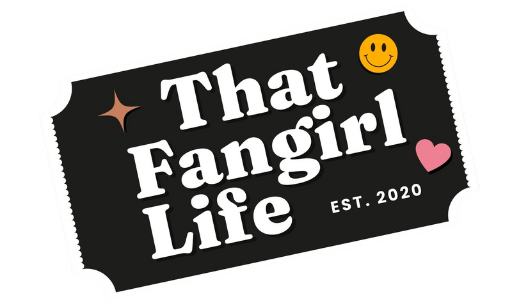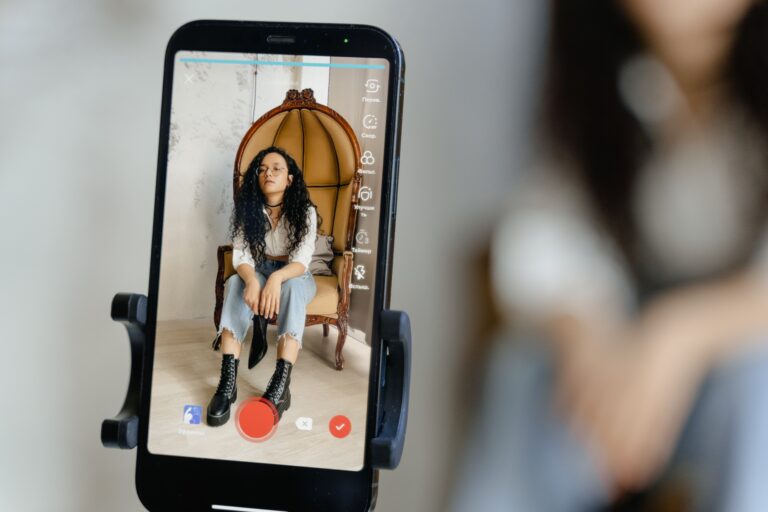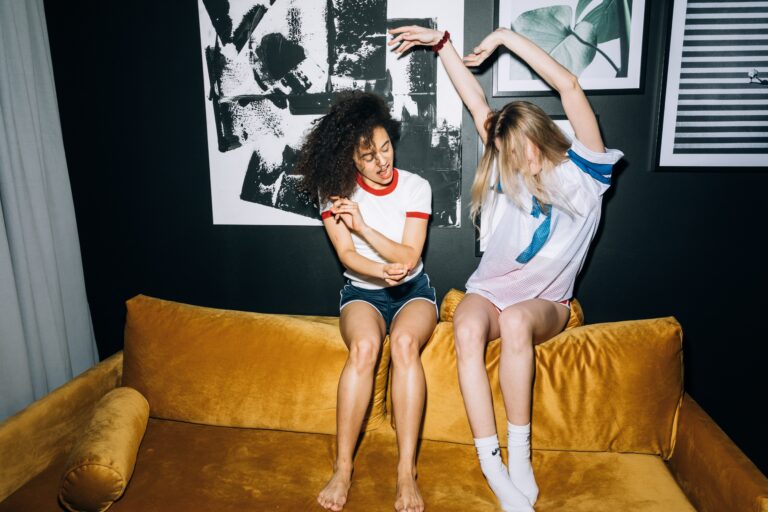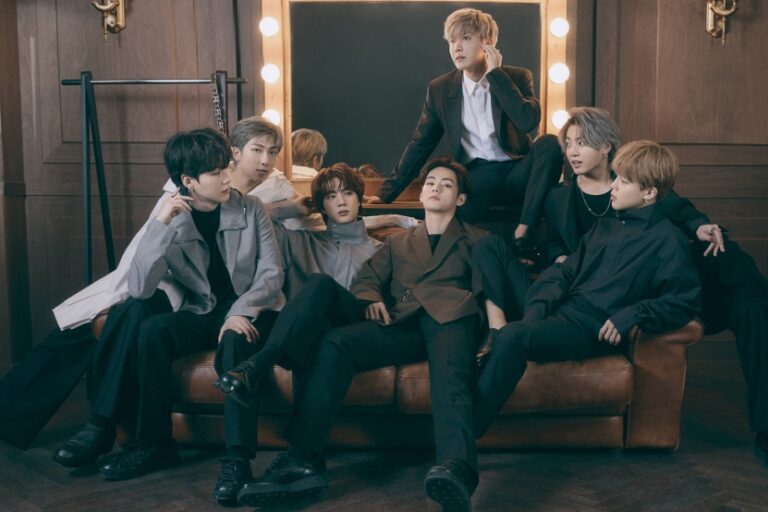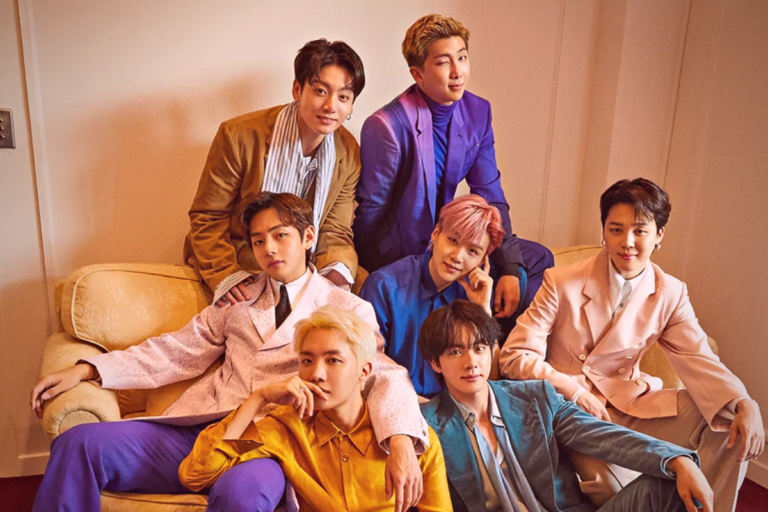It’s Time To Talk About The Effects of Misogyny In The Music Industry

It’s no secret that throughout history men have been put on a pedestal in the hierarchy of life. Slowly but surely women around the world are diminishing the patriarchal expectations set in order to gain equality (or as close to equality as we can get). The music industry is no stranger to re-inforcing misogynistic views and stereotypes on women working within the field.
The unique selling point for individuals who identify as women in the industry shouldn’t be that they are a ‘female producer’ or a ‘woman who can write’ or a lady who can do anything else that many other women can do but it isn’t acknowledged. Why can’t a woman just be a producer or writer or whatever they want to do, without being marketed as a woman who also has the ability to do these things. Not only do women within the industry get to be categorised as having these USPs, but you have to fight to get to the top, almost pitting yourself against other people who you should be working with only to get a tiny bit of recognition for a small percentage of other women. If it was a man, their USP would be something way more drastic, something uniquely tied to them rather than something that is a wider skillset.
In the music industry, women make up the majority of publicists.
Women also make up the majority of unpaid workers within the field.
Only around 14% of music industry CEOs, chairs and presidents are women.
If more women than ever are pursuing a career within the industry, where is the support?
Taylor Swift, arguably the biggest female artist at the moment, has faced major backlash and intense sexism just for existing in the limelight, for the entirety of her public career. Many of her major achievements have been diminished by backlash from the public over the critiquing of her skills or personal life. Just a few years into her career, she was branded as a serial dater, a player and boy crazy, amongst various insulting stereotypes; all interviews included some form of query about who her latest date was with or who her next break up song would be about. The double standards and sexism are blatantly obvious when you delve into how many of her previous love interests had equally the same or more exes but nobody acknowledged that they could be the issue in the situation. In fact many have been praised for their contributions to their respective industries, such as John Mayer.
Internalised misogyny also plays a large factor in the play of Taylor’s career, with many young impressionable girls at the time (unfortunately myself included) being told that she was ‘too loud about her relationships’ or ‘unlikable because she goes after all the men’, when in fact it was the men and the media who were feeding the impressionable public this false information and pushing the narrative that she was ‘annoying because she dates your favourite actors/musicians’ which obviously was a ploy to make individuals dislike her due to internal jealousy.
The latest of this kind misogyny is not only targeted towards 2 extremely talented women, but both have Taylor Swift in common. Critically acclaimed artist Olivia Rodrigo is under fire for not discussing Taylor Swift or attending the US leg of her Eras stadium tour despite very publicly stating what a huge fan she was in previous years. This has caused certain people to declare that they believe Rodrigo was using Swift to gain popularity even though she had previously been very vocal about being a fan of the artist since she was a child. The 20 year old pop star grew to fame from Disney channel success, but faced major backlash for a certain lyric in her debut single Driver’s Licence.
This sparked controversy as to who the song was about with the majority of speculations assuming the blonde girl in question was Sabrina Carpenter, who is opening for Taylor Swift on her Latin America leg of tour. Sabrina faced an intense amount of hatred, even going as far as sending her death threats for something that wasn’t even confirmed. Being slut-shamed for just existing without even having an input in any aspect of this all because of the way that one line in a song was interpreted. The controversy saw both Rodrigo and Carpenter being put in opposition of each other with every perspective making at least one, if not both of the artists look like they were the problem. In reality the problem was the public. The issue was consumers of the information fed to them by gossip outlets, theorists and people who didn’t want to see strong women in the industry being successful blowing the entire situation out of proportion, spiralling the mess into a magnitude of abhorrence.
The protection from the ‘Taylor treatment’ was disregarded for both of these smart, talented young women, being called ‘industry plants’ despite both of them having a history of being in the spotlight from a young age due to their respective acting careers on disney shows. The general dislike for the accomplished artists goes to show that nothing has changed over the course of the past decade in regards to respecting women within the industry. Both Olivia and Sabrina have mastered their skillset to cater towards their fanbases, but there will always be internalised misogyny pushed towards impressionable young girls to hate on other women as the cycle continues upon generations creating a toxic environment yet again in a space that is in need of acceptance of more talented women being able to coexist in peace and less opinions from irrelevant individuals.
Some of the traction in regards to this, especially with Olivia Rodrigo, stems from outsiders but also, unsuspectingly, a certain group of fans of various female artists which, whether they realise it or not, are weaponizing feminism to the point where it is borderline misogyny, trying to drag younger artists such as Rodrigo down if they mention their fave artists but then also dragging them if they don’t acknowledge them. This mainly derives from the narrative imprinted in most of our brains of competing to prove that your favourite artist is worthy of radio play/awards etc. It is something that most people are more lenient towards nowadays, with it being encouraged for younger artists to put themselves out there and be welcomed within certain fan groups, however, certain individuals are still in the mindset that only their favoured artist can be on top and nobody should even try to branch into the same environment otherwise they will be diminished and belittled. Its an issue that needs to be deprogrammed from everyone’s thought process, as when it was relevant and there was such a need to push for a female artist to be on top even for a short while, it worked so efficiently, but now it’s doing more harm than good within the music industry and also making potential stars hesitant as to whether they should put themselves out there and showcase their talents with the fear of being hated on by fans of artists who are often a decade or so older than them. Again this is an issue that is and was caused by misogyny within the music scene as fans had to fight along with and for the artists to gain as much traction for their new releases to be featured in predominantly male spaces without making it look like the artist was desperate for attention.
Most females within the music industry thrive from a fangirl history, whether that be running update accounts or keeping up to date with what’s popular with other fangirls and feeding it back to bands and their management either by email or whatever ways they could. They build themselves up with skill sets that aren’t even acknowledged until you step back to realise that people get paid to do those things, but fangirls to some extent are almost expected to have these tendencies and manage to do these things whilst also going to school or work or whatever it is that they do along with being a full time fangirl. This is then carried over to the working world within the industry and they are expected to do more work than a man would because they can handle it, they are used to the pressure, but god forbid they ask for a raise or in some cases, to be paid for their time and skills dedicated towards their line of work. “Oh she’s so lucky to have her job” no she’s not. She worked hard to get her job. She deserves her job. She’s spent time perfecting her craft and putting in more effort than she should have to to get her job.
The world owes women within the industry an apology for the dismissal of skills and categorising into certain stereotypes for the public to consume. If this kind of sexism exists within the world of public figures, imagine how bad it is for regular people in the music industry who don’t have a name for themselves that the world knows, the women who work on sets or at talent labels being bossed about by men and having to do double the work a man would do to prove themselves worthy of the job.
In the words of Taylor Swift – “There’s a different vocabulary for men and women in the music industry. A man does something, it’s strategic. A woman does the same thing, it’s calculated. A man is allowed to react, a woman can only overreact.”
